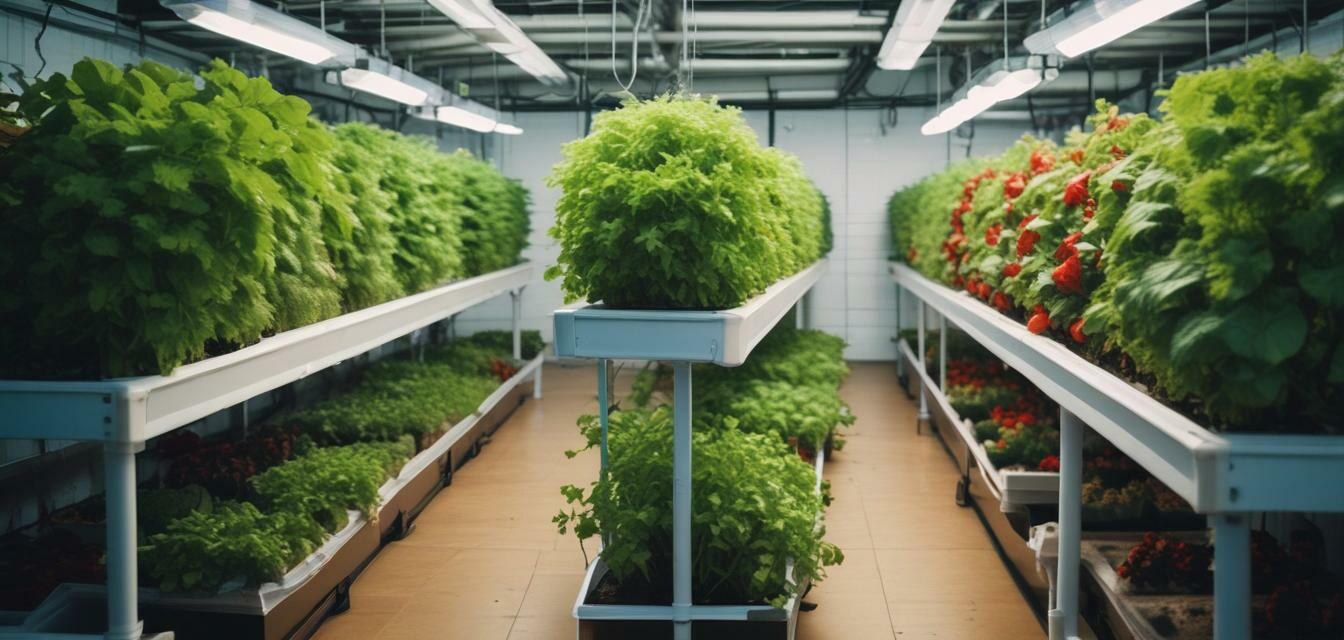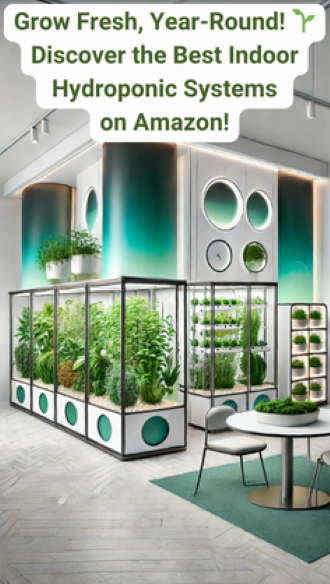
Nutrient management tools you need for hydroponics
Key Takeaways
- Understanding and managing nutrient solution is crucial for healthy plant growth in hydroponics.
- Essential tools include pH meters, EC meters, nutrient mixing kits, and water testing kits.
- Regular monitoring and adjustments ensure optimal nutrient delivery to plants.
- Different plants have varying nutrient needs; education on specific requirements is important.
- Investing in quality tools boosts productivity and reduces plant stress.
Effective nutrient management is the backbone of successful hydroponic farming. Without soil, plants rely entirely on nutrient solutions for their growth and development. This article will guide you through the essential tools you need for efficient nutrient management, ensuring your hydroponic crops thrive.
The Importance of Nutrient Management in Hydroponics
Nutrient management in hydroponics involves monitoring and adjusting the nutrient solution delivered to plants. Proper management supports optimal growth, enhances yield, and helps you avoid common issues like nutrient deficiencies or toxicities. Hydroponic plants absorb nutrients directly from water, so ensuring your nutrient solution is balanced is vital.
Essential Tools for Nutrient Management
Here are the critical tools every hydroponic gardener should have for managing nutrients effectively:
| Tool | Description | Importance |
|---|---|---|
| pH Meter | A device used to measure the acidity or alkalinity of your nutrient solution. | Makes sure plants can absorb nutrients effectively. |
| EC Meter | Measures electrical conductivity to determine nutrient concentration in the solution. | Helps maintain the right nutrient levels for plant growth. |
| Nutrient Mixing Kits | Include measuring spoons, syringes, and containers for precise nutrient preparation. | Ensures accurate mixing of nutrient solutions. |
| Water Testing Kits | Test for various parameters like chlorine, hardness, and contaminants. | Assures high-quality water for your plants. |
Detailed Overview of Each Tool
1. pH Meter
A pH meter is essential for maintaining the right pH level in your nutrient solution. Hydroponic plants typically require a pH between 5.5 and 6.5. By regularly checking and adjusting the pH, you ensure minerals are readily available for plant uptake. Learn more about nutrient management.
2. EC Meter
Electrical conductivity is a key indicator of nutrient concentration. An EC meter allows you to gauge how concentrated your solution is and adjust your nutrient levels accordingly. High EC levels can lead to nutrient burn, while low levels might not meet plant needs.
3. Nutrient Mixing Kits
With a nutrient mixing kit, you can precisely measure and mix your nutrient solutions. These kits usually include different sized measuring spoons and syringes, making it easy to create the perfect blend for each stage of your plant’s growth.
4. Water Testing Kits
Water quality is often overlooked but crucial for nutrient management. Water testing kits help you understand the quality of your water source and make necessary adjustments to remove unwanted chemicals or minerals that can affect plant health.
Tools for Monitoring Nutrient Levels
Nutrient Solution Management
Understanding the balance of your nutrient solution is essential. Using software or apps designed for hydroponics can help you track changes over time, making it easier to adjust nutrient levels as plants grow. Having solid data enables you to react quickly to any imbalances.
Best Practices for Nutrient Management
- Regularly monitor pH and EC levels.
- Adjust nutrient solutions based on plant growth stages.
- Keep detailed records of nutrient deliveries and plant responses.
- Invest in quality equipment that provides reliable readings.
- Educate yourself on specific plant nutrient needs.
Tips for Beginners
- Start with simple crops that have less demanding nutrient requirements.
- Take time to learn the basics of hydroponics and nutrient management.
- Be patient as you experiment with nutrient solutions; adjustments may take time to show results.
- Join forums or groups to connect with experienced growers for advice and support.
Conclusion
Effective nutrient management is a critical component of successful hydroponic gardening. By investing in the right tools and adopting best practices, you can create an environment that promotes healthy and productive plants. For further insights, check our nutrient management products for hydroponics to support your indoor growing efforts.
Pros
- Improved plant growth and yield with proper nutrient management.
- Customizable nutrient solutions cater to various plant needs.
- Prevention of common nutrient deficiencies.
Cons
- Initial costs of tools can be high.
- Requires a learning curve to master nutrient management.
- Dependency on consistent monitoring and adjustments.
